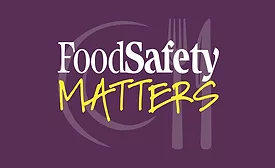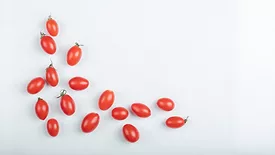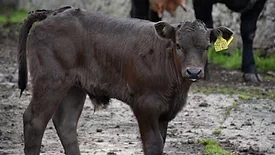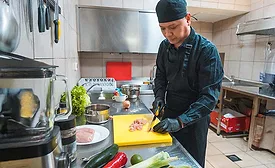Management
From Standards to Strategy: Utilizing Benchmarking and Lean Six Sigma for Excellence
The integration of Lean Six Sigma and benchmarking methodologies offers a robust framework for optimizing process manufacturing
October 22, 2025
A Roadmap to Deliver Food Safety Excellence in Retail Foodservice
Food safety management of foodborne disease risk must go beyond regulatory compliance
October 15, 2025
Never miss the latest news and trends driving the food safety industry
Newsletters | Website | eMagazine
JOIN TODAY!Copyright ©2026. All Rights Reserved BNP Media.
Design, CMS, Hosting & Web Development :: ePublishing











